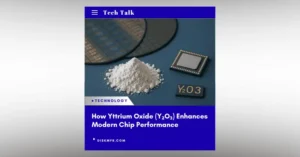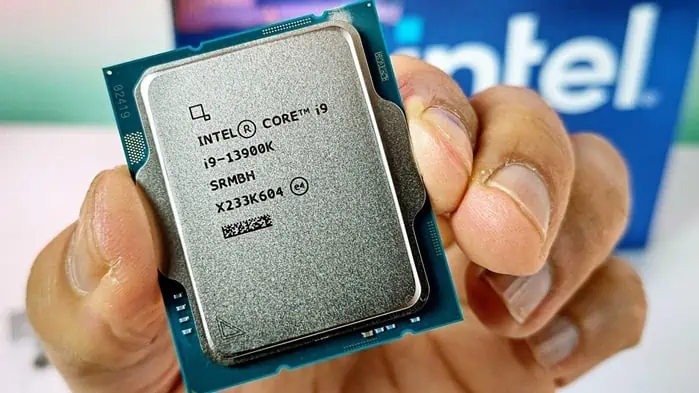
When mentioning the Intel Core i9-13900K, stands as the flagship model among Intel’s previous generation of processors and continues to be regarded as a top performance marvel by many digital hardware enthusiasts and gamers.
Before this, the editor shared many “positive” news about this processor, such as its average frame rate in mainstream games, its overclocking capabilities, and more. Now, the editor is going to share some “negative” news about the Core i9-13900K processor—yes, you read that correctly.

Before sharing formally, it’s necessary to clarify and emphasize two points:
First, there’s no need to worry too much, as the Core i9-13900K hasn’t been found to have any serious bugs. The specific issue is that it may conflict with the default settings of some motherboard BIOS, causing compatibility problems, which are likely to be resolved by updating the motherboard firmware later on.
Second, the processors that might have similar issues are not limited to the Core i9-13900K but also include models like the Core i7-13700K, Core i9-14900K, and Core i7-14700K.
Therefore, anyone currently using or considering purchasing Intel’s 13th and 14th generation Core high-end processor models should be aware of this issue.
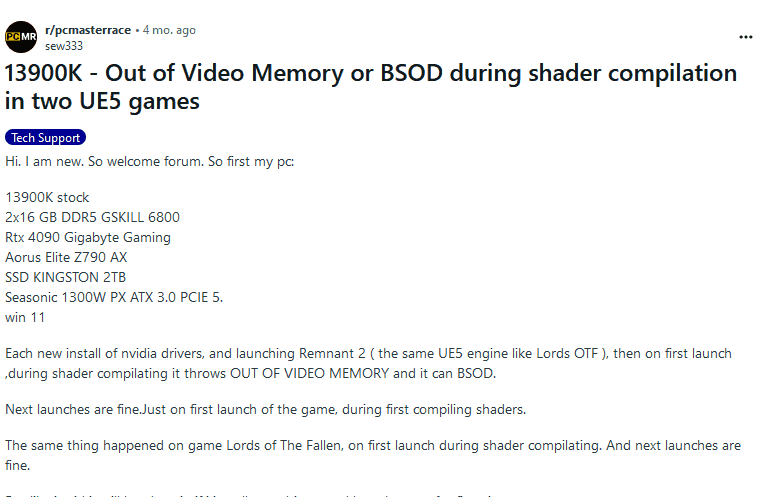
So, what exactly is the problem? In recent months, an increasing number of Core i9-13900K and Core i7-13700K processor users have reported crashes while playing some new games, with error messages indicating “insufficient video memory,” and even experiencing blue screen crashes, as shown in the accompanying images.
The games that may encounter these issues include “Metro: Exodus,” “Psychonauts 2,” “Relicta,” “Horizon Zero Dawn,” and “The Last of Us Part I,” among others.
Based on the error messages that appear after some game crashes, it’s easy to assume that it’s a problem with the graphics card, possibly Nvidia’s fault, but that’s not the case.
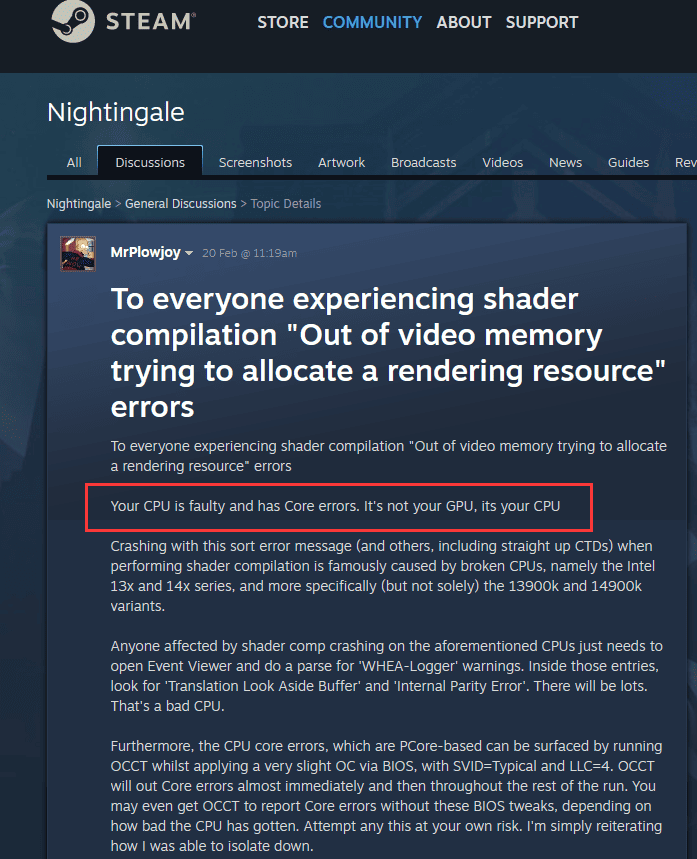
This issue is not a recent development and was reported by gamers a few months ago. Some game developers and Nvidia have already investigated and officially responded:
Although the error messages after some game crashes indicate “insufficient video memory,” suggesting a problem with the graphics card, the issue is caused by Intel’s 13th-generation Core processors.
Currently, there’s no authoritative explanation for the problem, but it’s commonly believed to be due to some unreasonable default BIOS settings on certain motherboards, especially settings related to the processor’s power, current, voltage, and frequency.
Known effective solutions to this problem involve adjusting related parameters to modestly reduce the performance of the Core i9-13900K, including:
Appropriately adjusting the processor’s voltage or reducing its operating frequency by 0.2GHz, please note: lowering the operating frequency is a suggestion from Nvidia.
Additionally, gamers can use Intel’s official XTU overclocking tool to reduce the “Performance Core Multiplier” from 55x to 54x or 53x, as recommended by the official team of “Relicta,” as shown in the image.
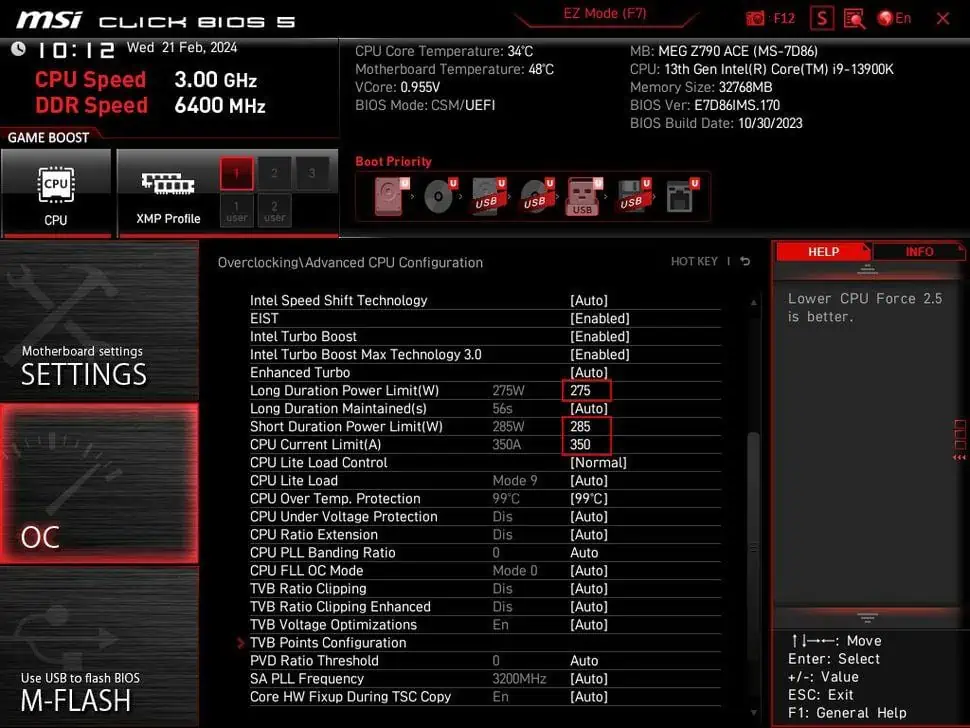
If you are currently using processors such as the Core i9-13900K, Core i7-13700K, Core i9-14900K, and Core i7-14700K, and are experiencing these issues, you should first check your motherboard BIOS settings.
In the processor power consumption settings, do not use “Auto” or “Unlimited”; instead, appropriately lower the parameter values, as shown in the image.
Intel has not yet responded to these issues, but it is expected that they can be resolved by releasing motherboard firmware updates. The editor will share the latest updates as soon as they are available, so please stay tuned.

- This article is arranged from the network, if there is an infringement, please contact us to delete it.
- The views of the authors are not those of DiskMFR.





